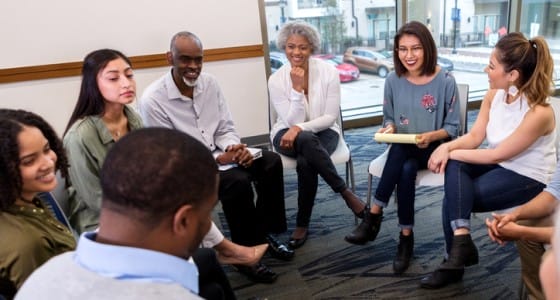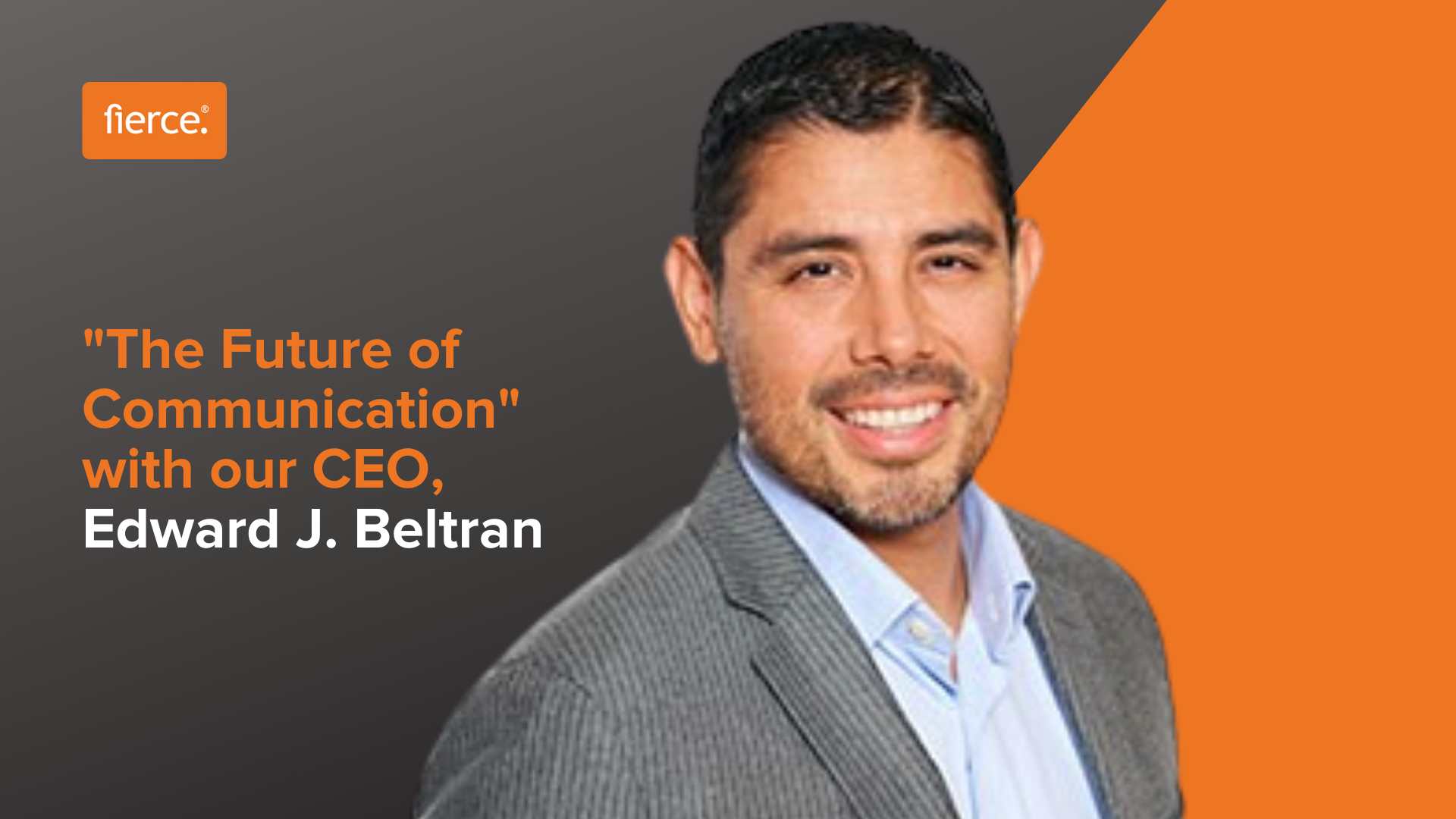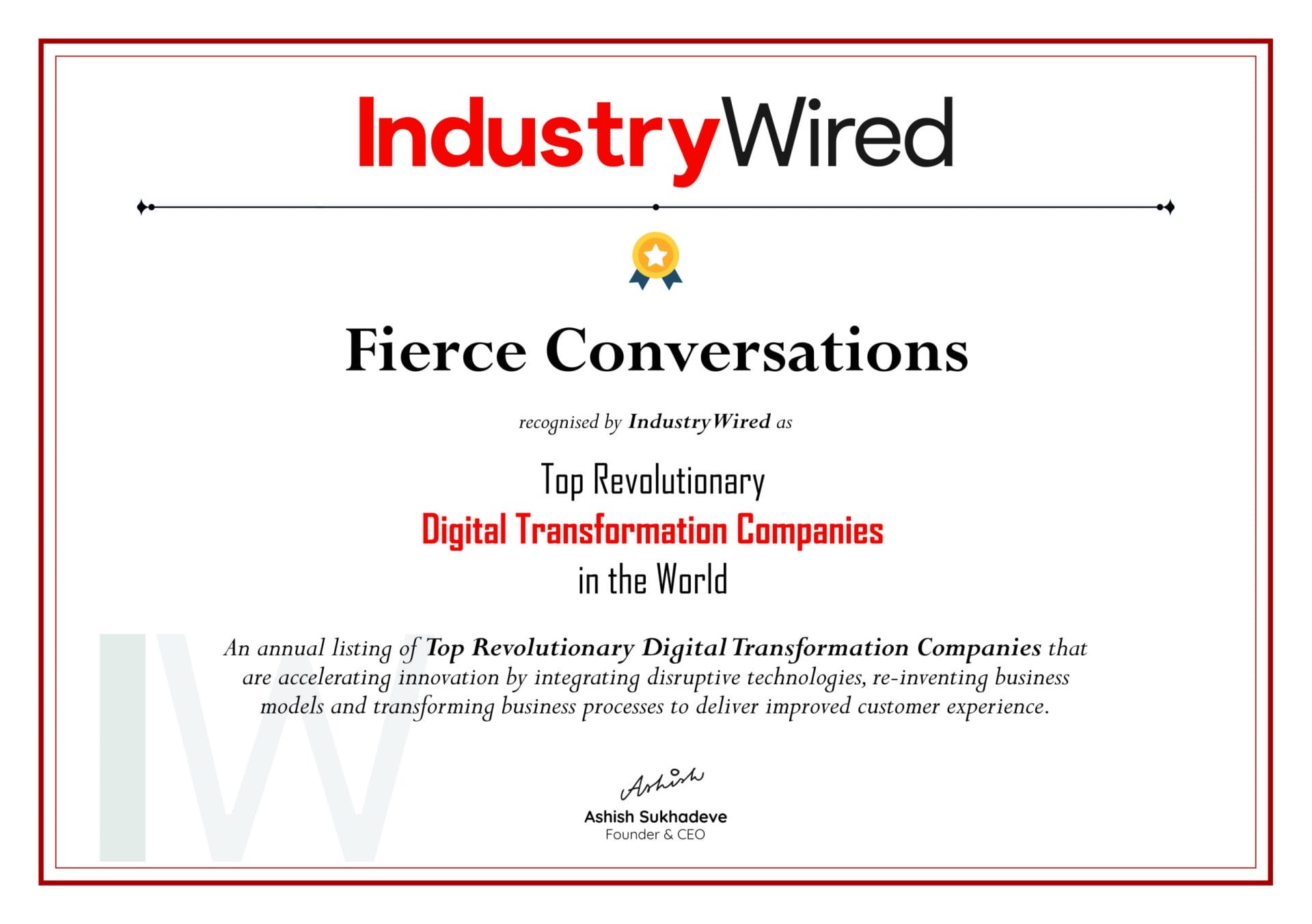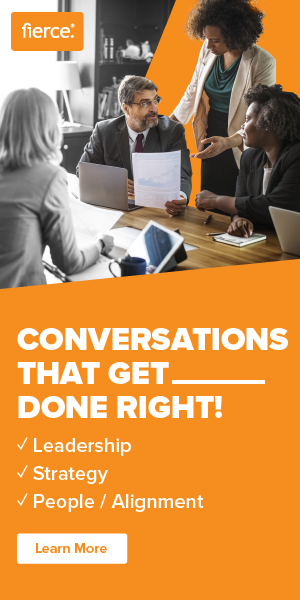
The topic of Diversity, Equity, and Inclusion (DE&I) is top of mind everywhere – rightfully and necessarily so. Yet, we continue to blatantly struggle to make progress or experience any measurable, impactful change.
We see the impact of Black Lives Matter and, simultaneously, watch police shootings continue. We talk of wage gaps, even show statistics of improvement, yet they still exist. We pass legislation that protects and supports same-sex couples but know that bias and discrimination remain rife. Why?
Though there are many reasons, one of them – quite simply – is this: we avoid conversations that make us uncomfortable. We’re afraid we’ll mess up, that we’ll say the wrong thing, that our lack of awareness or understanding will show up, or even worse, that our privilege or apathy (or both) might be revealed.
So, instead of diving in and making a mistake, we too often step back and stay silent. Many of us ask ourselves how we’ve become unwitting witnesses to a world that seems to decline and devolve.
Most of us want to do better, want to affect change, and want to courageously speak up and speak out. Most of us want to be people who know, as well, when to sit down and be quiet so that others have space and voice. Most of us want to live in a world – and work in organizations – that is inclusive, respectful, and profoundly diverse.
How to Have Real Diversity and Inclusion Conversations
So, what are we to do…those of us who desperately long for change?
Simple, but hardly easy, we must have the conversations we’ve been avoiding – the ones we are afraid of. We allow and acknowledge our discomfort. And we persist anyway.
In her book, So You Want To Talk About Race, Ijeoma Oluo says, “These conversations will never become easy, but they will become easier. They will never be painless, but they can lessen future pain. They will never be risk-free, but they will always be worth it.”
At Fierce, we would not call ourselves DE&I experts. But we are conversation experts. We know the cost of failed conversations, of missing ones.
We know about the elephants in the room: the things that everyone knows, but no one will talk about (DE&I being one of the biggest elephants ever). We know about the reality of gradually-then-suddenly – the way that seemingly small things have a way of building and accumulating, often unnoticed, until the scale tips and everything falls apart.
We know that every one of our relationship issues are, at the end of the day, conversational issues – or the lack thereof. Relationships can be defined and diagnosed by the conversations that take place – or don’t. And we know that without practical, applicable conversation skills, little-to-nothing ever changes.
We also know that conversations do not need to be perfect to be effective. They just need to be had – with courage, curiosity, grace, and some modicum of skill.
Though we fear conversations going badly, it’s the ones we avoid completely that cause the greatest harm, loss, and pain. Which, of course, is what we’re living in the midst of today: centuries of avoided conversations, missing ones.
Why Authentic Diversity and Inclusion Communication Matters
Leaning into our deep and abiding relief in the power of single conversations, we allow that they may never be easy, but that solutions, at least in part, can be simple – starting with each of us, even now, especially now.
We must be willing to talk, even more, to listen. We must be willing to try, even more, to fail. We must be willing to do more than watch from the sidelines feeling helpless and incapable. Instead, we must risk – one conversation at a time.
It has always been true but perhaps now, more than ever, conversations matter. And in ways that are critical to who we are and the relationships we have with one another as humans on this planet. Being fierce feels far more than aspirational today; it’s required.
Let’s do the work. Let’s risk feeling foolish. Let’s be willing to make mistakes. Let’s have the conversations…not avoid them.
This is how we’ll experience change. This is how we’ll turn the tide. This is how we can be part of DE&I discussions, initiatives, training programs, and most of all, individual conversations and relationships that deserve our effort and even our failings.
There’s so much more to be said about this topic – so much more that is ours to say – one conversation at a time. It can feel daunting, to be sure. This is why I’m profoundly grateful for Ijeoma Oluo’s voice yet again: “We can find our way to each other. We can find a way to our truths. I have seen it happen. My life is a testament to it. And it all starts with conversations.
Tags: #Company Culture, #DE&I, #Diversity and Inclusion





